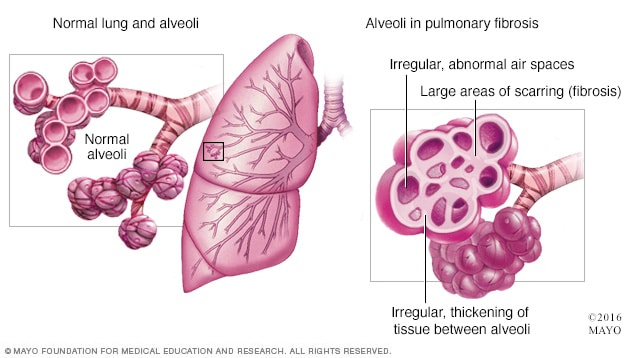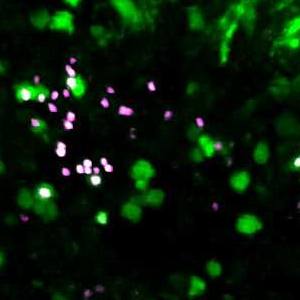-
Good news about the effectiveness of antifibrotics for IPF

In a recent study published in the American Journal of Respiratory and Critical Care, a research team led by Andrew Limper, M.D., a pulmonology and critical care physician at Mayo Clinic, evaluated the effectiveness of pirfenidone and nintedanib for patients with idiopathic pulmonary fibrosis. The researchers reported "the medications had an association with a reduced risk of all-cause mortality and hospitalizations for up to two years."

These drugs are the only medications approved by the Food and Drug Administration for idiopathic pulmonary fibrosis. Although clinical trials had shown that the medications slowed the decline in lung function, no research previously existed as to their effect on other important outcomes such as hospitalizations or mortality.
The investigators used the OptumLabs Data Warehouse to conduct this retrospective study. This database is a longitudinal, real-world data asset with de-identified administrative claims and electronic health record data.
They compared the outcomes of 1,255 treated (with either medication) and 1,255 untreated adults with idiopathic pulmonary fibrosis. The untreated group members were selected from 6,843 patient records, matching baseline characteristics (list available in full publication) to the 1,255 treated patients.
Although the findings provided positive information for patients, the researchers cautioned, "these medications are not curative, meaning that fibrosis continues to progress over time, as do clinical events such as acute exacerbations."
They also noted, "one of the more intriguing findings from this study is the decline in the benefit of therapy over time." They hope future research will seek to understand why this occurs, and find ways to extend the benefits of the therapy.
###
Dr. Limper is the Robert D. and Patricia E. Kern Associate Dean of Practice Transformation and Walter and Leonore Annenberg Professor of Pulmonary Medicine at Mayo Clinic in Rochester, Minnesota. He is also a professor of Biochemistry and Molecular Biology and Medicine at the Mayo Clinic College of Medicine and Science.
He directs the Mayo Clinic Robert D. and Patricia E. Kern Center for the Science of Health Care Delivery, which manages the relationship with OptumLabs for Mayo Clinic.







